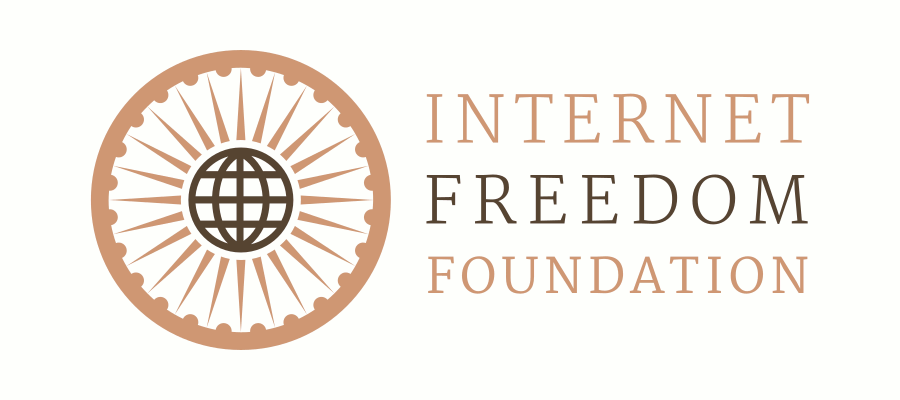IFF notes with appreciation the recommendations issued by Telecommunication Regulatory Authority of India (TRAI) on Net Neutrality despite push back from some quarters of the telecommunication industry against any additional regulations. By taking a decisive stand on upholding Net Neutrality, TRAI has built upon the strong foundation it had laid down in 2016 by issuing regulations prohibiting Discriminatory Tariffs for Data Services.
We welcome these recommendations for the following reasons:
Recognition of the principle of non-discrimination: The TRAI has recommended license changes to expressly prohibit discriminatory treatment of content. This recommendation goes a long way in preserving the open internet. We are particularly supportive of the broad framing of, “discrimination” which would include, restrictions, interference, blocking, degrading, slowing down, or granting preferential speeds or treatment.
Limited exceptions: To the broad rule of non-discrimination, the TRAI has recommended limited exceptions which represent a positive recognition of net neutrality principles. For instance the TRAI has - despite lobbying pressure - refused to carve out a special exemption for, “Internet of Things” (IOT) services and devices unless they are specifically identified to be servicing critical services. Similarly a requirement of a trio of proportionality, transiency and transparency bring a higher sense of rationality and reasonableness to any traffic management services that are to be implemented by telecom companies.
Transparency and accountability mechanism: We are especially glad that the principle of non-discrimination will be safeguarded by a mix of a transparency and an accountability mechanism. This will ensure that the intent of these recommendations once made into binding rules is complied with and any violations are penalised.
There are some concerns we continue to have and will keep monitoring the implementation of these recommendations, specifically:
Future consultation on OTT Services: The TRAI has indicated in a covering letter containing the Net Neutrality recommendations it’s intention to hold a separate consultation to, “regulate” OTT Services. While we are concerned and continue to look forward to a comprehensive data protection regime, any intent to mandate heavy handed licensing or registrations for internet applications are services will undermine the open internet. Since SaveTheInternet.in’s first submission we have warned against creating that bureaucratic red tape, as well as any poorly reasoned attempt to license internet applications and service will prevent innovation on the open internet and restrict user choice.
Lack of precise definitions and ambiguity: While the overall scope of TRAI’s recommendations is positive some finer details lack proper definition or are framed in a manner which has the potential for abuse. For instance, the exception to the non-discrimination principle which is available to, “specialised services” is open to abuse given that the criteria to qualify as one is fairly broad. Further we are also concerned that the suggested formation of the multi-stakeholder body is suggested to be, “industry lead”, which on the contrary should be built on principles of balance and diversity.
Possibility of intellectual property related censorship: From the perspective of ensuring freedom of speech and expression online and to prevent overbroad takedowns we are concerned with the recommendation that discrimination may be permitted to comply with international treaty obligations. Such obligations, without court orders, underlying legislation can potentially open up requests for blocking content online on grounds of intellectual property compliance.
The TRAI recommendations are another recognition of India taking the lead on Net Neutrality worldwide and we hope that this is soon followed up with action from the Department of Telecom.
We call on for the following actions:
-
A public statement from the Hon’ble Minister of Telecommunications endorsing the recommendations of the TRAI;
-
An indication by the Department of Telecom on timelines for implementation of the recommendations of the TRAI;
-
A publication of draft rules and license amendments by the Department of Telecom to ensure that the recommendations of the TRAI. This is to ensure that the recommendations are followed in spirit and also to address concerns on the limited concerns highlighted above that may undermine net neutrality.
We continue to maintain the TRAI can in the interim exercise its powers under provisions of the provisions to maintain quality of service make rules to safeguard its recommendations on net neutrality.

